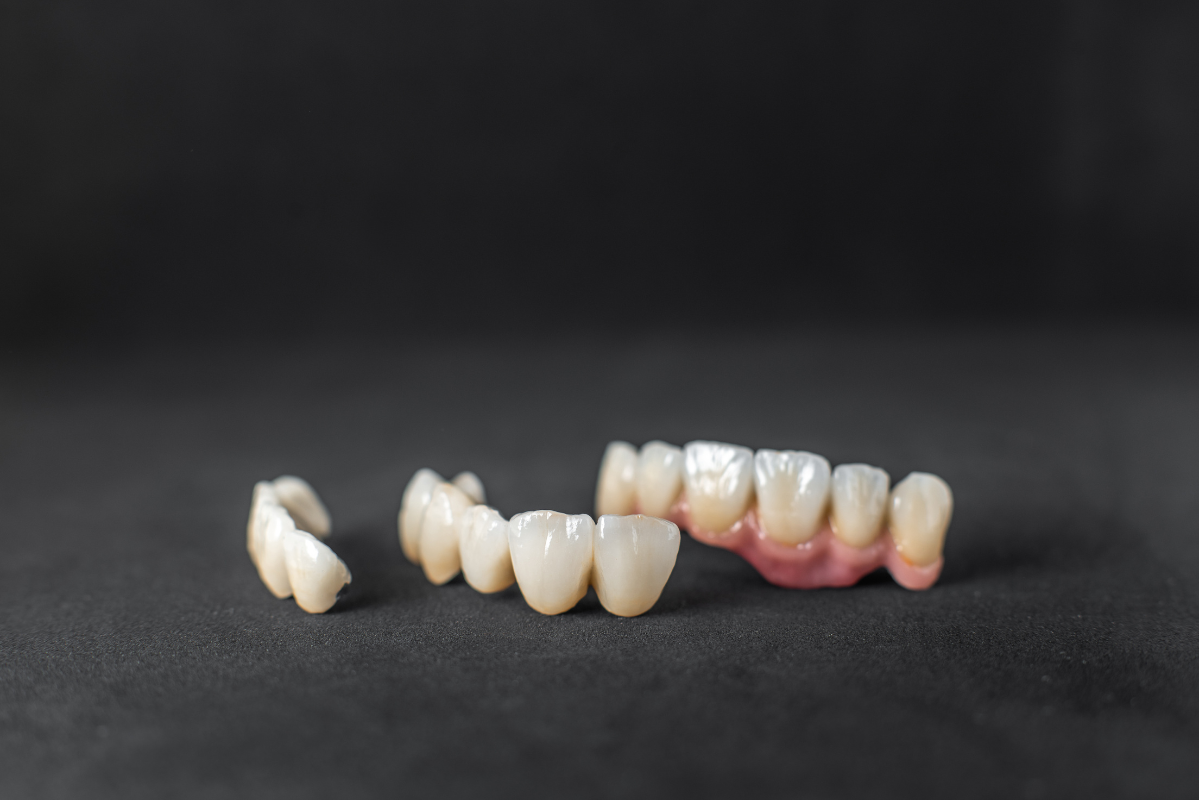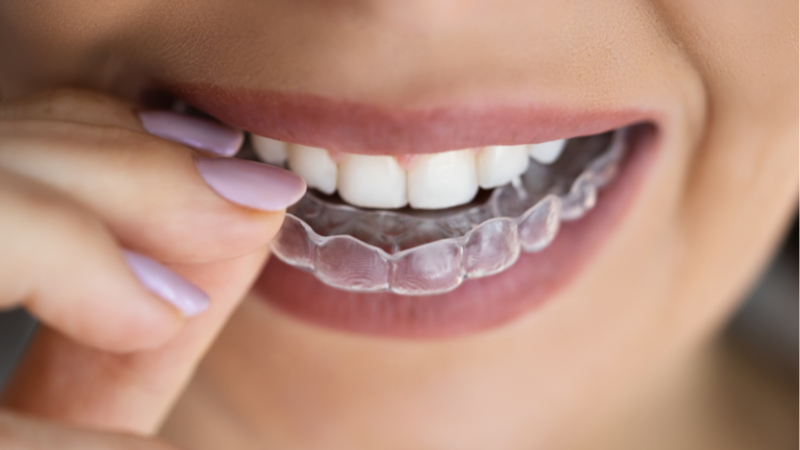
Can I Wear My Night Guard During the Day?
March 22, 2024
Night Guard
Night guards, also known as occlusal guards or dental mouth guards, play a crucial role in protecting teeth and jaws from the damaging effects of bruxism, a condition characterized by teeth grinding and clenching during sleep. While their primary use is during nighttime to prevent nocturnal grinding, many individuals wonder about the feasibility and benefits of wearing them during the day. In this comprehensive guide, we’ll explore the nuances of wearing night guards during waking hours, including their functionality, recommended usage guidelines, and essential maintenance tips.
Understanding Night Guards:
Night guards are custom-made dental appliances crafted from durable materials such as acrylic or soft plastics. They act as a protective barrier between the upper and lower teeth, cushioning them against the force of grinding and clenching. By redistributing pressure and minimizing strain on the jaw muscles, night guards help alleviate symptoms associated with bruxism and temporomandibular joint (TMJ) disorders.
Duration of Night Guard Usage:
The duration of night guard usage varies depending on individual needs and the severity of bruxism. While some may require short-term use to address acute symptoms, others may benefit from long-term usage to prevent dental damage and manage chronic bruxism effectively. It’s imperative to follow the recommendations of your dentist regarding the duration of night guard usage to ensure optimal protection and oral health.
Recommended Night Guard Usage Guidelines:
While nighttime wear is the standard practice for night guards, wearing them during the day can provide additional benefits for individuals experiencing daytime symptoms of bruxism or TMJ disorders. This may include jaw pain, headaches, or facial tension triggered by stress or concentration-intensive tasks.
What if I Wear My Mouth Guard During the Day? How Long Do I Wear It?
Wearing a night guard during the day can offer added protection and relief for individuals experiencing daytime symptoms of bruxism. If recommended by your dentist, wearing the guard during waking hours can help alleviate discomfort and prevent further dental damage. The duration and frequency of daytime wear should be determined based on your dentist’s guidance and your individual symptoms.
Maintenance and Care :
Proper maintenance and care are essential to prolong the lifespan and effectiveness of your night guard. Here are some practical tips:
- Rinse your night guard with water before and after each use to remove debris.
- Use a soft-bristled toothbrush and mild soap to clean the night guard gently.
- Store your night guard in a clean, dry container when not in use.
- Avoid exposing your night guard to high temperatures or direct sunlight.
- Regularly inspect your night guard for signs of wear and tear and replace it as needed.
In conclusion, wearing a night guard during the day can provide added protection and relief for individuals experiencing daytime symptoms of bruxism or TMJ disorders. By understanding the benefits, recommended usage guidelines, and proper maintenance techniques, you can effectively incorporate a night guard into your daily routine to safeguard your oral health.
If you’re experiencing symptoms of bruxism or TMJ disorders, consulting with a general dentist is essential for personalized advice and treatment options. They can assess your condition, recommend the most suitable night guard type, and provide ongoing support to help manage your symptoms effectively.
FAQs
Why Do You Need a Night Guard?
Night guards protect teeth and jaws from the damage caused by bruxism, reducing the risk of tooth wear, fractures, and TMJ disorders.
Do I Need the Lower or Upper Jaw?
The type of night guard recommended depends on individual preferences and the guidance of a dentist. Both upper and lower jaw guards can effectively protect against teeth grinding.
How Long Does Night Guards Last?
With proper care, night guards typically last between 1 to 5 years. However, they may need replacement sooner if they show signs of wear or become damaged.
Are There Other Bruxism Treatment Available?
In addition to night guards, other bruxism treatments may include stress management techniques, muscle relaxation exercises, and dental interventions like orthodontic treatments or occlusal adjustments.
More Blog Posts
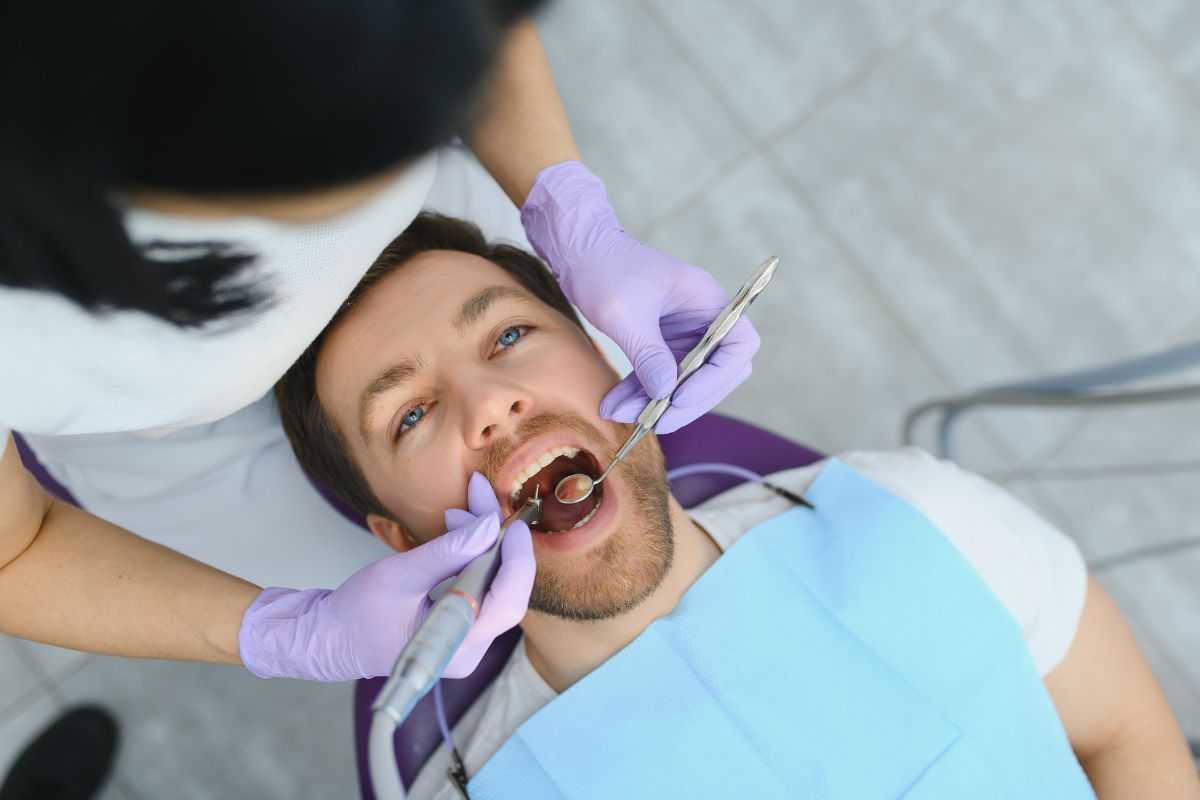
Composite vs. Amalgam Fillings: Which Is Better for Your Smile?
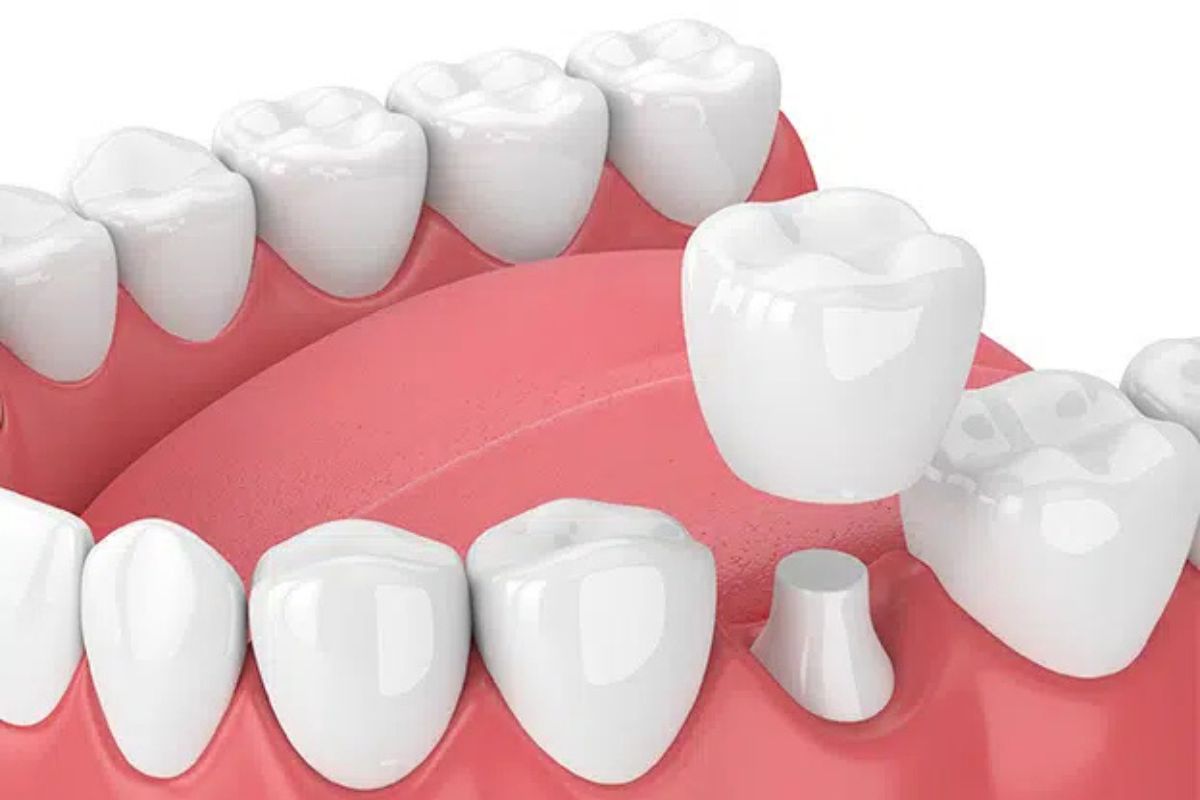
How to Know When Your Dental Crown Needs Replacement
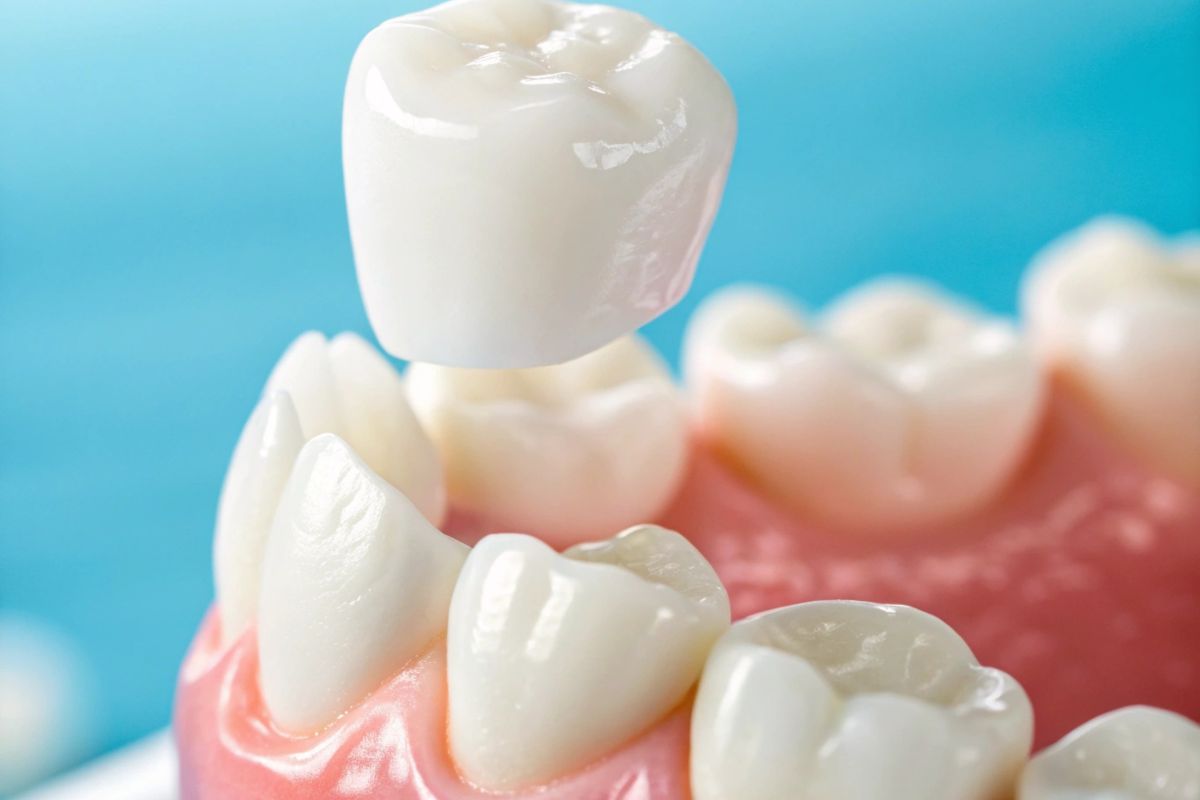
Dental Crown Problems & How to Fix Them
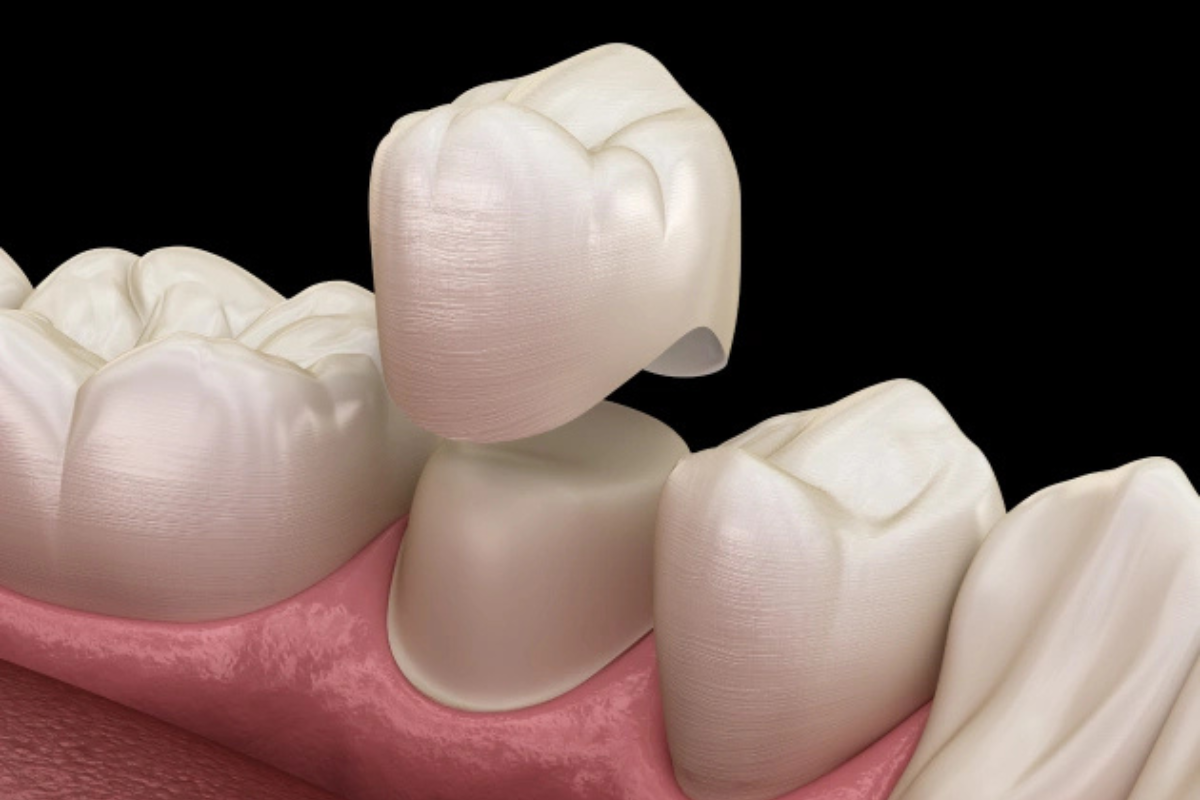
Caring for Your Dental Crowns: Do’s and Don’ts
